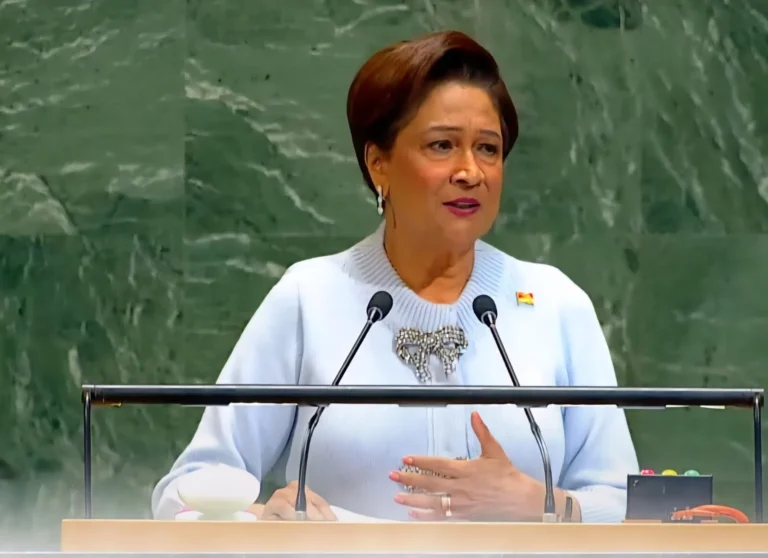Trinidad and Tobago has broken ranks with its CARICOM neighbours, taking a firm stance in favour of U.S. military activity across the Caribbean, as questions mount over the growing presence of American forces in the region.
While other member states of the Caribbean Community have expressed unease — even convening privately to address the geopolitical and sovereignty implications of this foreign deployment — Port of Spain has publicly distanced itself from those discussions, issuing a sharp rebuttal to any narrative of regional consensus.
In its statement, the government emphasized that the operations, though foreign-led, are focused on dismantling transnational threats — particularly narco-trafficking, human smuggling, and other underground networks exploiting the region’s porous borders.
The island nation drew a clear distinction between law-abiding maritime workers and criminal operators, noting that genuine fisherfolk and other coastal professionals are not the target of these operations. “These interventions are not designed to disrupt honest livelihoods,” the statement read. “They are intended to prevent our waters from becoming conduits for criminal economies.”
Whereas the CARICOM bloc signaled concern over the potential militarization of the region and its long-term effects, Trinidad and Tobago positioned itself as a strategic ally to these interventions, calling them essential to realizing the Caribbean’s vision as a “Zone of Peace.”
The administration concluded with a cautionary note: anyone entangled in illegal activity — whether directly or by complicity — would be doing so “at their own peril.”
Though the region continues to wrestle with how to balance sovereignty with security, Trinidad and Tobago has made its position unmistakably clear: in the face of transnational threats, hesitance is a liability.






